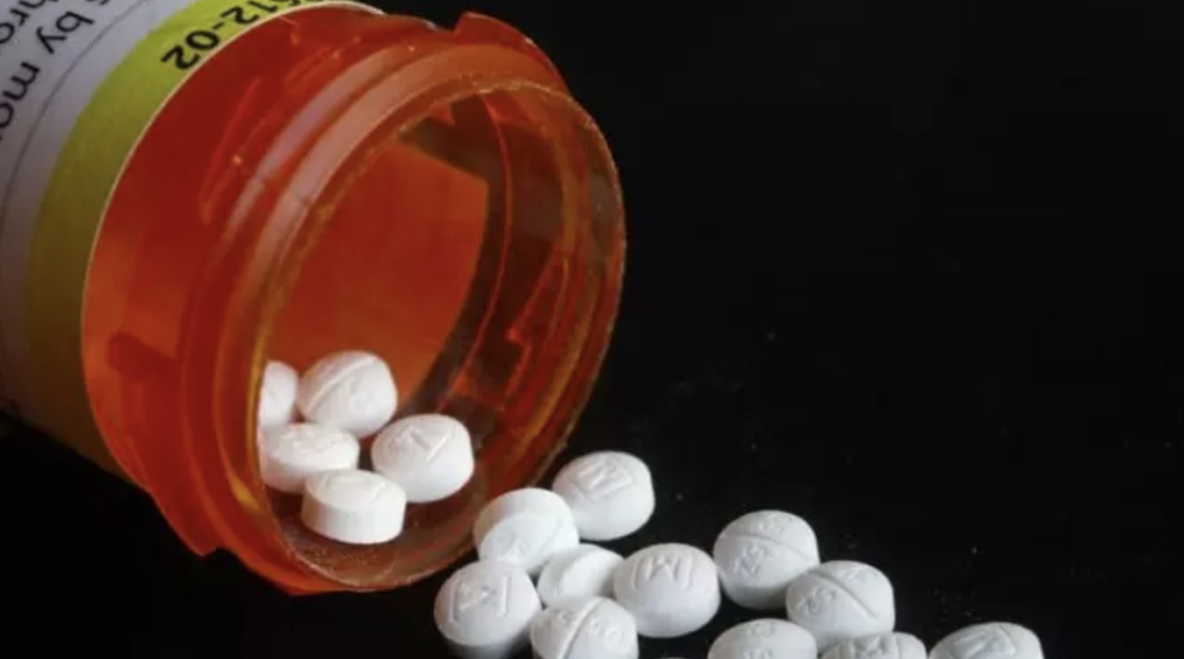This story was originally published in the Herald-Dispatch.
CHARLESTON — A federal judge will allow testimony from eight local health officials who defendants accused of fueling the opioid epidemic had tried to block.
Cabell County and Huntington are set to go to trial in May in a Charleston federal court against AmerisourceBergen Corp., McKesson and Cardinal Health — the “Big Three” drug distributors — which are accused of causing a public nuisance by blindly pumping pain pills into Appalachia, thus fueling opioid and later heroin addiction.
The lawsuits state the distributors breached their duty to monitor, detect, investigate, refuse and report suspicious orders of prescription opiates coming into the state over the past several years.
The companies had argued in January to block opinion and expert testimony by health official witnesses, all who walk the line before fact and opinion witnesses. They were interviewed without knowledge they could be experts expressing their opinion on the matter instead of just the facts because they were not informed of it by the plaintiffs, the companies argued.
The plaintiffs denied the claim and said they had disclosed the witnesses, their roles, investigations and eyewitness accounts months ago.
Much of the argument focused on blocking the testimony of Dr. Rahul Gupta, who served as the state’s drug czar from 2015-18 and as the executive director of the Kanawha-Charleston Health Department for five years before that. Last week, The Washington Post reported he is favored to lead the Office of National Drug Control Policy under President Joe Biden’s administration.
Earlier this month, Senior Judge David A. Faber ruled Gupta’s expert opinions should not be excluded at trial because the plaintiffs showed the importance of his testimony. However, the judge limited his testimony to his involvement in the events that gave rise to the litigation.
The judge ruled Gupta had not erred in not turning over an expert report, but agreed to give the defendants a second opportunity to interview Gupta about those opinions ahead of trial so they can tailor their questions toward those topics and determine if they will need a rebuttal witness.
The judge also ruled that area health officials — Christina Mullins, Dr. Michael Kilkenny, Dr. Kevin Yingling, Dr. Todd Davies, Dr. David Chaffin, Dr. Lyn O’Connell and Dr. Stephen Petrany — will be excluded from providing expert testimony, although they may still testify about facts or opinions within a limited area of their involvement in the opioid crisis.
A court hearing was held Thursday to discuss motions ahead of trial, and the judge heard about two hours of arguments surrounding the defendants’ motion to dismiss the lawsuit. They again argued that West Virginia law has never recognized a public nuisance claim in circumstances like the governments claim, arguing West Virginia nuisance law for over 100 years has been confined to cases’ involvement with use of public property or resources, not a product.
Cardinal Health attorneys argued in February that it did not matter how many pills they shipped because it is up to pharmacies to distribute them locally.
Plaintiff attorneys Anthony Majestro, Paul T. Farrell Jr., Mike Woelfel and others have held effects of the opioid crisis are far-reaching and have created a substantial interference with public health and safety, which are rights common to the general public.

